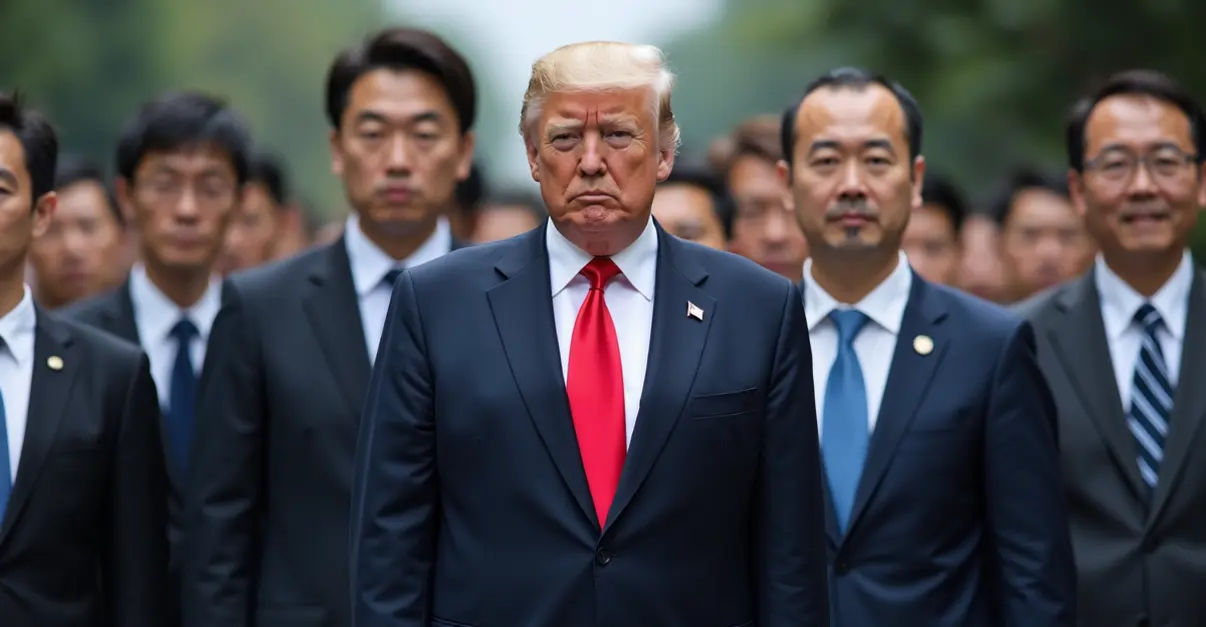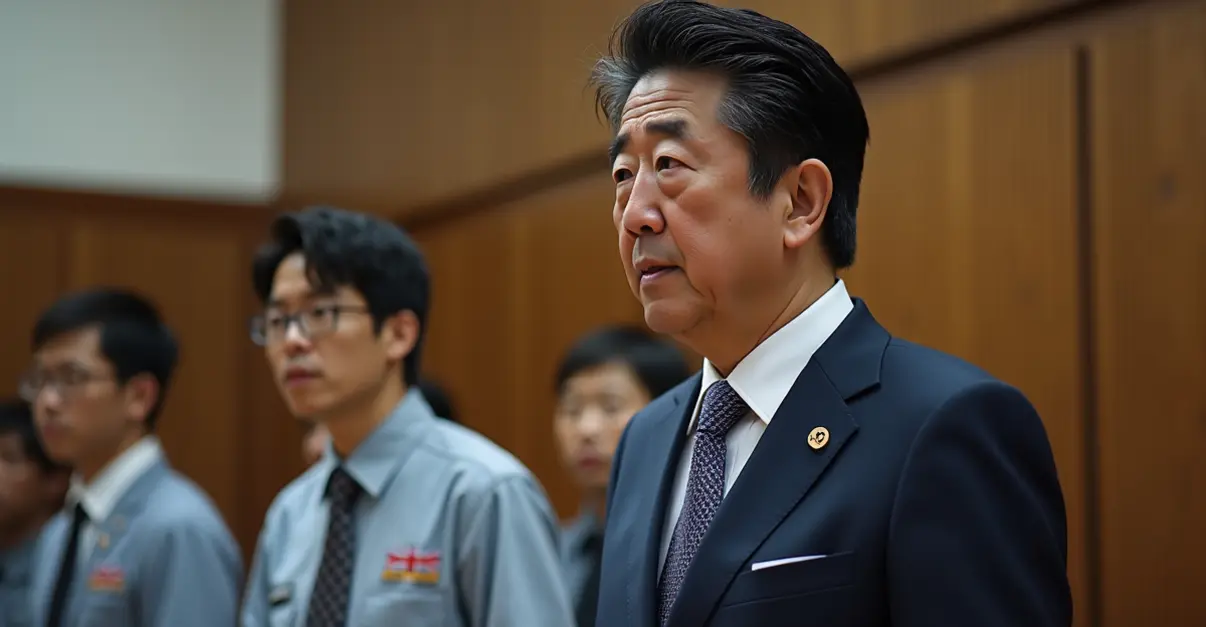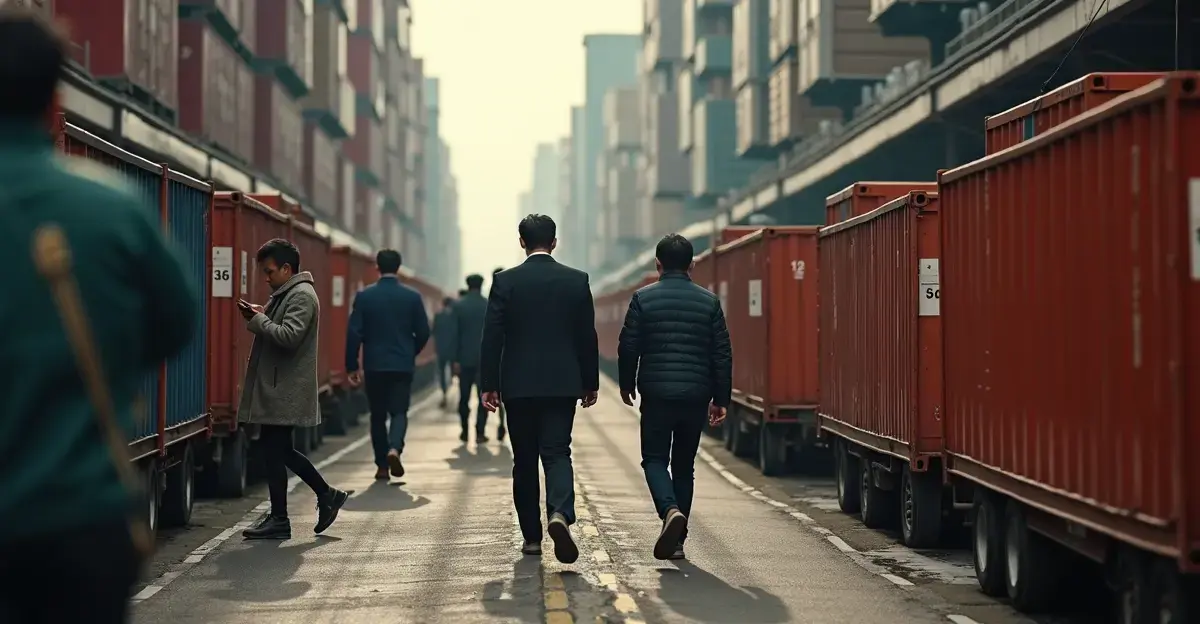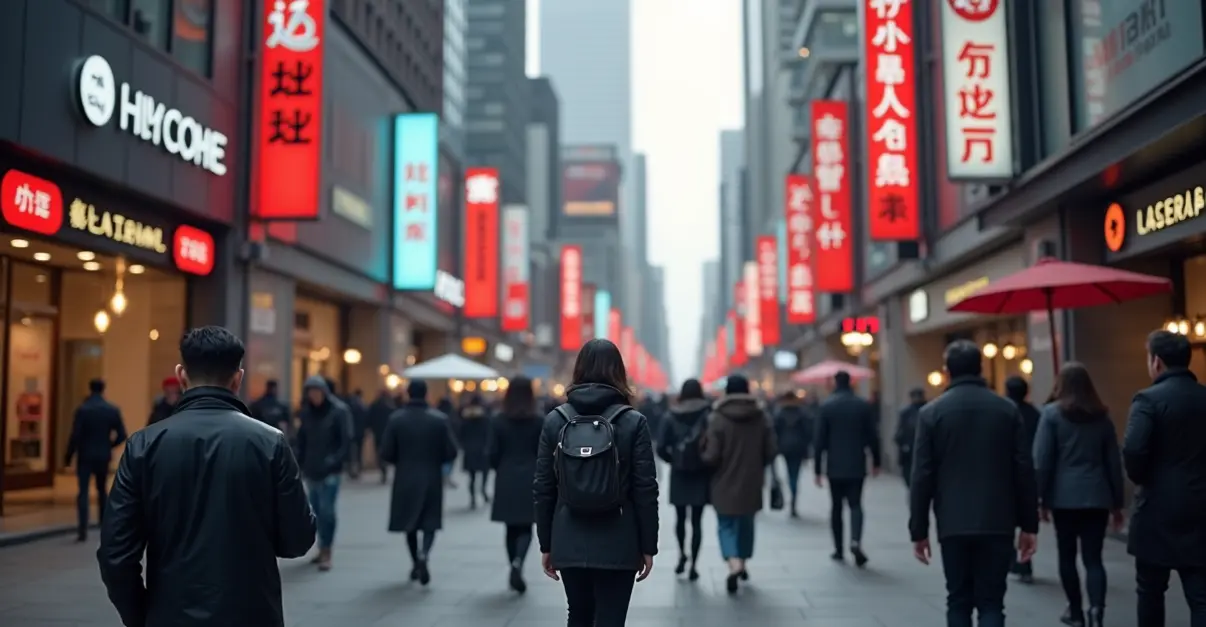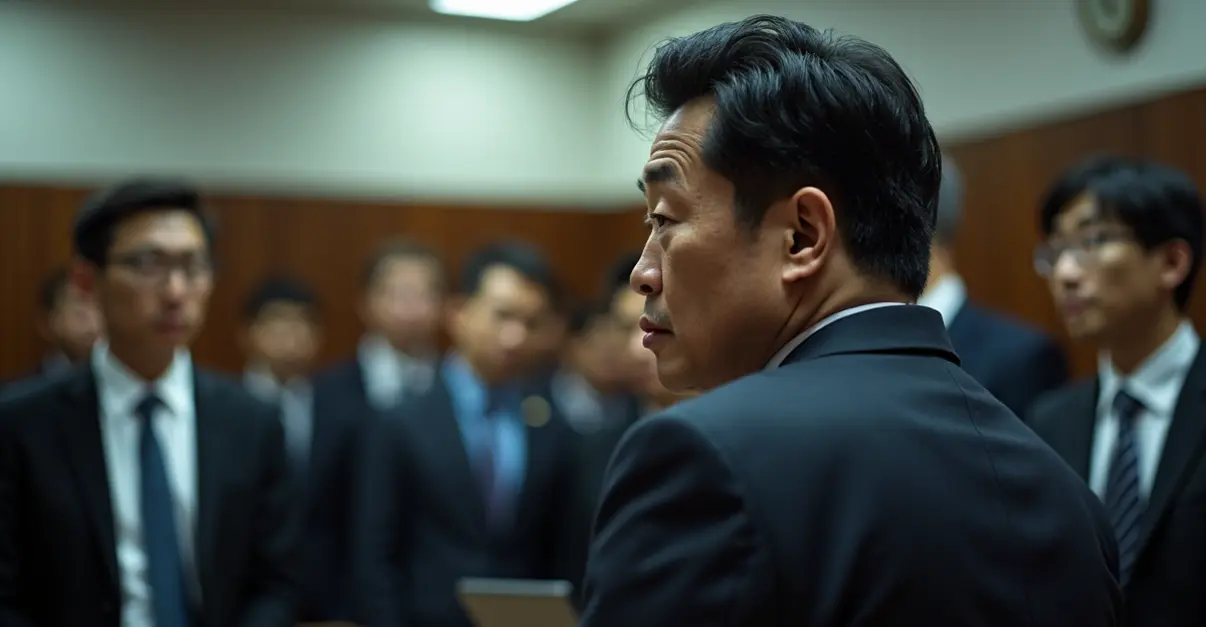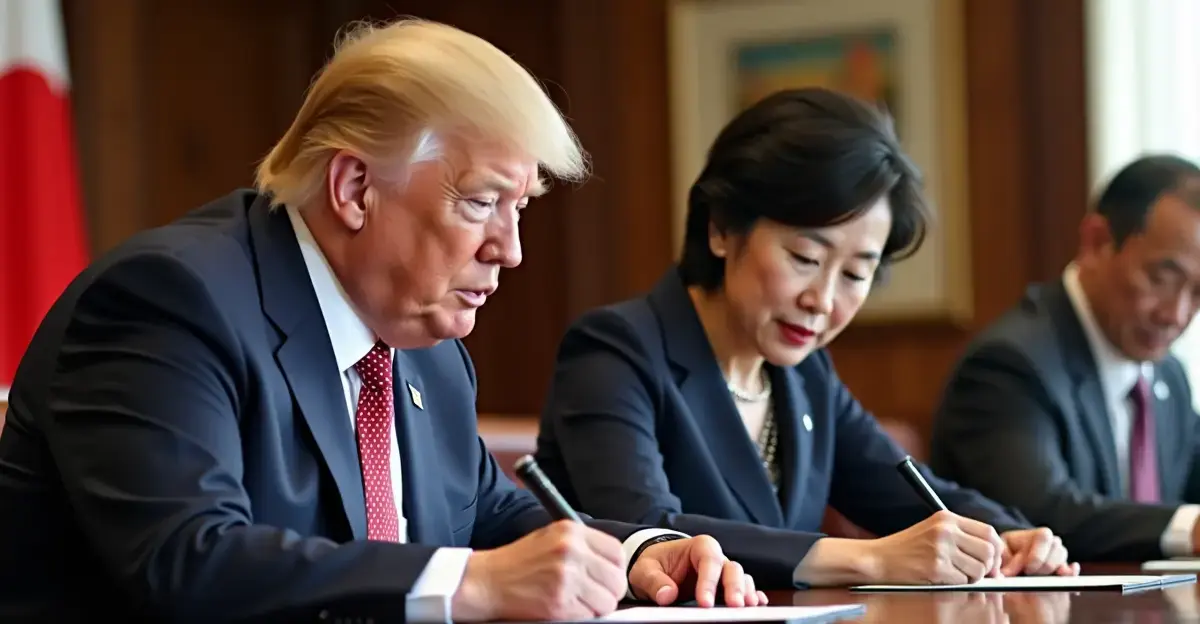Diplomatic Tightrope for Japan's First Female Leader
TOKYO - As former President Donald Trump touched down at Haneda Airport on October 27, Japan's newly elected Prime Minister Sanae Takaichi faced her most significant political challenge just six days into her historic premiership. The 64-year-old conservative leader, who became Japan's first female prime minister on October 21, must navigate complex diplomatic waters with America's unpredictable former leader while maintaining fragile domestic and regional relationships.
Massive Security and Symbolic Gestures
The Japanese capital has been transformed into a fortress for Trump's fourth official visit, with unprecedented security measures including sealed public trash cans, disabled train station lockers, and sniffer dogs at major transit hubs. 'This is the most comprehensive security operation I've seen in my 25 years with the Tokyo Metropolitan Police,' said security analyst Kenji Tanaka. 'They're leaving nothing to chance.'
Trump's meeting with Emperor Naruhito represents a rare honor for foreign leaders, but the real diplomatic work happens behind closed doors where Takaichi must convince Trump that Japan remains America's most reliable Asian ally. Her task is complicated by her minority government status after the Liberal Democratic Party's abrupt break with the pacifist Komeito party ended their 26-year coalition.
Defense Spending Acceleration
Takaichi's administration is accelerating defense spending to reach 2% of GDP by the end of the current fiscal year, two years ahead of the original 2027 target. 'We're demonstrating our commitment to regional security through concrete action,' said Defense Ministry official Hiroshi Yamamoto. 'The accelerated timeline shows we take our alliance responsibilities seriously.'
However, Trump's administration has unofficially suggested Japan increase spending to 3.5% of GDP, a target that would be economically challenging for Japan's stagnant economy. The current defense budget increase represents a significant policy shift for a nation with deep pacifist traditions rooted in its post-war constitution.
$550 Billion Investment Dilemma
The centerpiece of economic discussions involves a massive $550 billion investment package agreed upon during the previous administration. According to the White House framework agreement, Japan committed these funds for Trump to invest in critical U.S. industries including semiconductors, pharmaceuticals, and energy.
'There's a fundamental misunderstanding about how this investment process works,' explained trade analyst Maria Chen. 'A joint commission selects investment targets based on proposals from both countries, but Trump seems convinced he has unilateral decision-making power. Takaichi needs to correct this without offending him.'
Strategic Minerals and China Concerns
Japan and the U.S. are expected to sign a declaration of intent regarding cooperation in shipbuilding and rare earth mineral extraction, part of both nations' efforts to reduce dependence on Chinese imports. As reported by Asia Times, Japan has reduced its dependency on Chinese rare earths from nearly 100% in 2010 to less than 60% today through strategic partnerships and technological innovation.
'Every move toward China containment risks damaging our carefully rebuilt relationships with Seoul and Beijing,' noted foreign policy expert Dr. Akiko Sato. 'Takaichi's decision to avoid visiting the controversial Yasukuni Shrine earlier this year was clearly aimed at preventing unnecessary regional tensions.'
Political Inheritance and Domestic Support
Takaichi benefits from being the political heir to assassinated former Prime Minister Shinzo Abe, with whom Trump maintained a close relationship. Tomorrow, Trump will receive one of Abe's old golf clubs as a tangible symbol of continuing friendship between the nations.
Domestically, Takaichi enjoys strong support with her cabinet polling at 65% approval, 11 percentage points higher than her predecessor. 'The public sees her as a strong leader who can stand up to international pressure while protecting Japanese interests,' said political commentator Yuki Nakamura.
However, where Abe governed with a parliamentary majority, Takaichi balances between her new coalition partner Nippon Ishin and a critical opposition. Her diplomatic tightrope involves maintaining course without losing political ground at home or damaging relationships in the region - a high-stakes game involving $550 billion in investments and Japan's national security.

 Nederlands
Nederlands
 English
English
 Deutsch
Deutsch
 Français
Français
 Español
Español
 Português
Português
